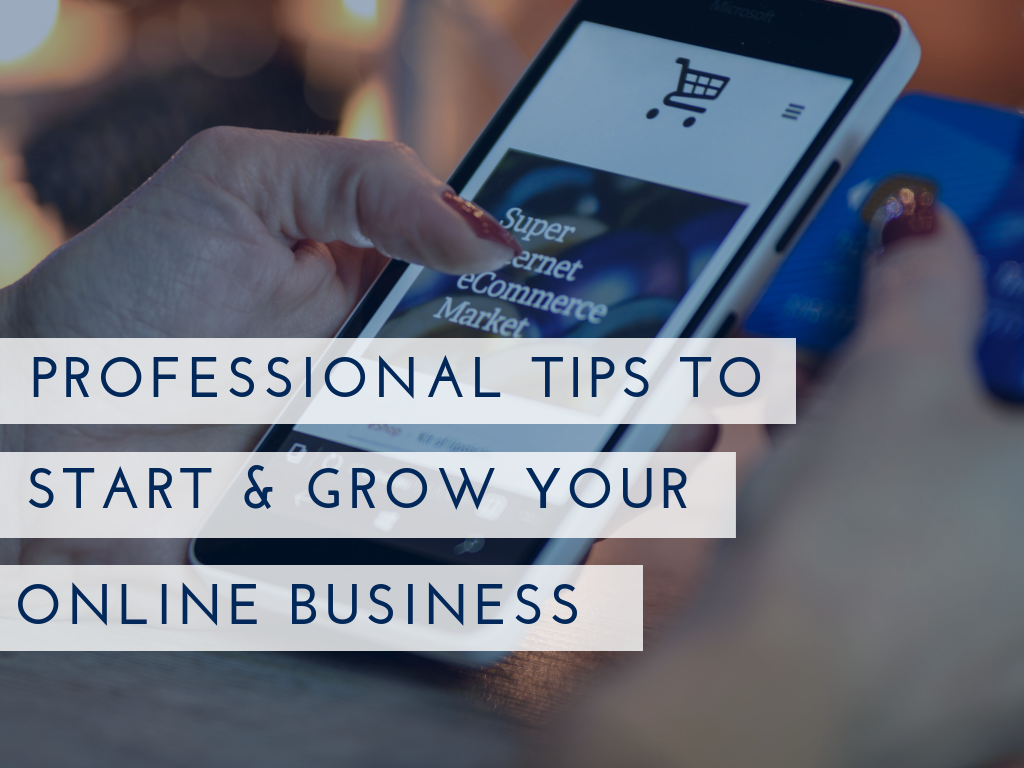Reason #1 – Stay Ahead of the Pack:
Former Executive Vice President of operations of Walt Disney World Resort, Mr. Lee Cockerell in his book Creating Magic – 10 Common Sense Leadership Strategies from a Life at Disney, discusses how critical is traditional consumer research and market analysis to stay ahead of the pack. Walt Disney World Resort uses unique models to capture the facts about customers. He writes, “At Walt Disney World, Guestology combines demographics with psychographics. The former gives you measurable facts about your customers, like where they come from, how they travel, how big their families are, and so forth; the latter tells you who those customers are.”

It is interesting to see, how a global brand like Walt Disney Resort uses traditional market research on a day-to-day basis as part of its growth strategy. Mr. Lee continues, “At Disney, psychographics is the holy grail of research, and it is broken down into four parts, called compass points: needs, wants, stereotypes, and emotions.”
To explain this model, Mr. Lee quotes two examples, one that of Disney and another related to the healthcare industry. The Compass Points Model (instead of North, West, South, and East in a compass, the model has Needs, Wants, Stereotypes, and Emotions) for Disney works like this; “What do people who plan a trip to Disney World need?” – A Vacation. What do those vacationing Guests want? – Lots of things, of course, but mostly they want fun, hassle-free trips and memories to last a lifetime. What stereotypes or preconceived notions do they bring with them? – Research reveals positive ones such as clean facilities, friendly people, and fun-filled days, as well as negatives such as long lines and high prices. And what emotions do Guests experience when they’re at Disney World? Common responses include excitement, thrills, and tiredness at the end of the day.
Research in numerous industries shows that this model can be applied to any of them. The health care example; “If you’re in health care, for instance, your customers’ basic need is medical care; the wants are probably to get well and to have pain-free experiences; the negative stereotypes you have to overcome are that it’s a cold, unfriendly environment, with a chance of medical mistakes; and the emotions they come with include hope as well as fear of the unknown and fear of pain.”
It may seem a simple exercise to fill in this model, yet, once all the data is filled for all four compass points, “you will come away with a clear understanding of your customers, and you can gear your hiring, your training, and your processes and systems toward exceeding their expectations”.
A Knowledge Partner’s task will be to help you identify – through consumer research – what goes into models like the Compass Points Model. The Knowledge Partner will be the forensic investigator of the emotional DNA of your customers to help you delve deep into the unique culture of UAE where the majority are expatriates; the socio-economic factors are different in comparison to the rest of the world. Yet, it is possible to gain insights through structured research.
Reason #2 – Unbiased Advisory:
New York Times bestselling author of Buyology, Martin Lindstrom in his book ‘Small Data – The Tiny Clues that Uncover Huge Trends’, narrates an engagement he had with his client Pepsi. When Pepsi asked if he would help them improve the public perception of their soft drink, he took up the challenge only to realize that his perspective, senses, and instincts were all compromised. Pepsi – its taste, its bubbles, its cans, its bottles, its advertising – was just too familiar. He had to distance himself from the brand and had no frame of reference about desire, or craving. He couldn’t think straight. He couldn’t get inspired. He couldn’t do his job. As Martin Lindstrom identifies in the book, “Familiarity is at best counterproductive and at worst, paralyzing”. It took Martin Lindstrom six weeks to come to a state to think unbiased, by distancing themself from the brand and products physically and psychologically.
This is the impact ‘familiarity’ brings and this is where a Knowledge Partner comes into the picture to advise a neutral party.
The role of the Knowledge Partner is not just to give a ‘neutral’ opinion, but much more than that. Good Management Consultants practice ‘Selfless Independence – Balancing Detachment and Dedication’. In the words of Chuck Lillis, CEO, of MediaOne; “In the ideal, a professional adviser should be independently wealthy. He would then be objective, independent, and less likely to be pushing his agenda”.
In their book, Clients for Life, Jagdish Sheth and Andrew Sobel, explain this further; “Professionals who are client advisers, in short, behave very differently than experts, and consequently they develop client relationships that are broader, deeper and richer. Part of the difference lies in their skill and knowledge base: they are wide-ranging exploratory learners and big-picture thinkers. Part is due to attitude: they collaborate rather than control”

“In the United Arab Emirates, one could be an established brand or one could be just starting up. Yet, regardless of the size of the company and at what stage the company is placed currently, taking unbiased advice is critical, especially when the market is sailing through a volatile uncertain complex, and ambiguous (VUCA) situation across the world.
Reason #3 – Increase Speed and Quality of Idea/Concept Testing:
Greenbook GRIT Report discusses a case study in the report ‘Insights That Work – Real Stories, Real Results’, about a top-10 global food and beverage business having two challenges that focused on the pre and post-launch efforts of their product ranges.

The business wanted to increase the speed and quality of concept testing to support its innovation sprints. Additionally, they needed to track the success of multiple new product launches in the market and understand the efficacy of marketing, distribution, and the impact on consumption. Due to the high demand for innovation from all regions, this global business needed scalable, fast, and robust solutions to meet its needs.
To solve the company’s New Product Development challenge, the solution was tailored as per the need of the hour! The agency tailored its automated research suite of product, concept, and pack testing tools to provide a flexible and templated solution that offered insights in hours.
As per the report, the company has been able to successfully develop and launch products that have totaled more than $1Bn in annual sales. The agency’s products allowed the company to diversify its product offering across categories and markets at the speed its shareholders demand. Within three years, the company’s share price has risen by more than 30%.
Such is the impact a Knowledge Partner can bring to your brand. Adam Consulting recently played the role of a Knowledge Partner by helping companies from Japan (construction materials), Oman (Hygiene), and South Korea (Personal Care) to understand the Middle East market in its entirety as well as the nitty-gritty of consumer behavior.
To stay ahead of the pack, to get an unbiased advisory, and to test your product ideas or concepts having a Knowledge Partner is critical. We have Experience spread across countries like the United Arab Emirates, Kingdom of Saudi Arabia, Africa, India, and South Korea to name a few, and across industries like Telecom, Real Estate, Fast Moving Consumer Goods, Hospitality, Steel, Automotive, Aviation, Personal Care, Education, and Construction.
Contact Details:
Email Id: info@adamglobal.ae
Phone no: +971 50 911 05 16



